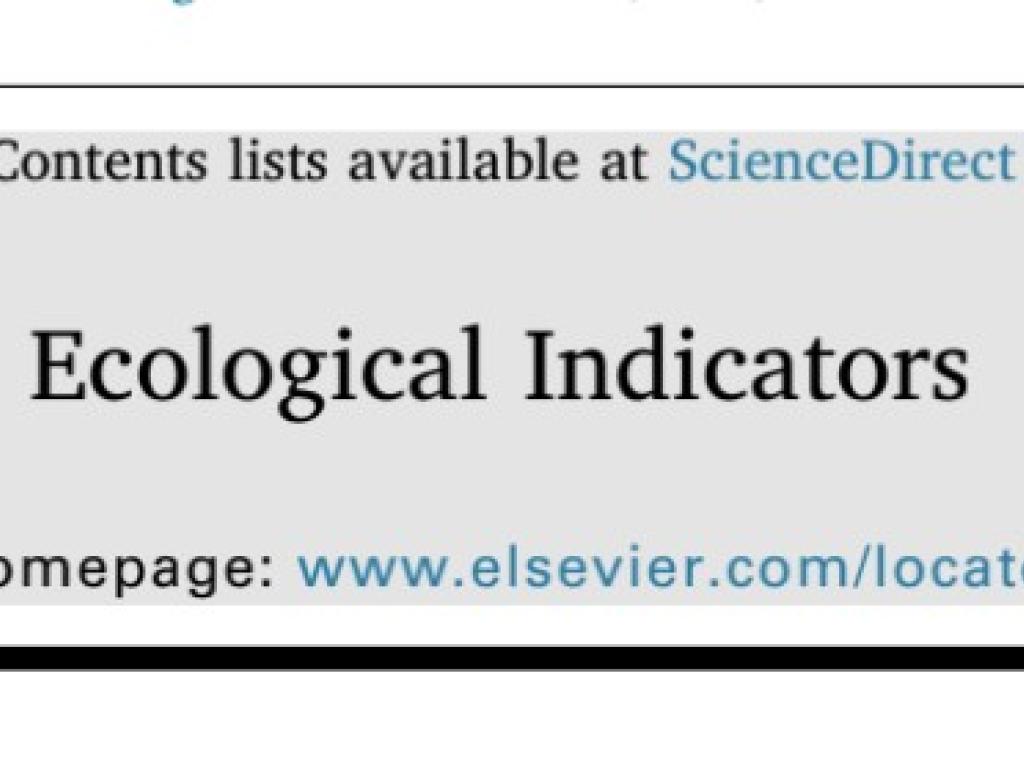Just Out: Evaluating the Specificity of Ecosystem Indicators in the southern Benguela


Ecological indicators used to monitor fishing effects in the context of climate change and variability need to be informative to enable effective ecosystem-based fisheries management. We evaluated the specificity of the response of ecosystem indicators to different fishing and environmental pressure levels using Ecosim and Atlantis ecosystem models for the southern Benguela ecosystem. Three fishing strategies were modelled to represent a variety of ways of targeting fishing within an ecosystem: one focused on low trophic levels (i.e. forage species), another on higher trophic levels (i.e. predatory fish) and a third tested fishing pressure across the full range of
potentially exploitable species. Two types of environmental change were simulated for each fishing mortality scenario – random environmental variability and directional climate change.
The specificity of selected ecological indicators (mean trophic level of the community, proportion of predatory fish, biomass/landings, mean intrinsic vulnerability and marine trophic index) was evaluated for different combinations of fishing strategy, fishing mortality and both types of environmental change. While there were mostly large differences in indicator values computed from the Atlantis and Ecosim models, the specificity of the ecological indicators considered under changing climate generally corresponded between the two models. Certain indicators (i.e. mean trophic level of the community) were less specific in detecting effects of fishing in the southern Benguela for some of the three fishing strategies modelled (i.e. high trophic level fishing strategy) under climate change. This helped refine the most appropriate indicator set for our system, reflecting the focus of a particular fishing strategy, and improved confidence in the suitability of these indicators for monitoring fishing effects in the Southern Benguela.